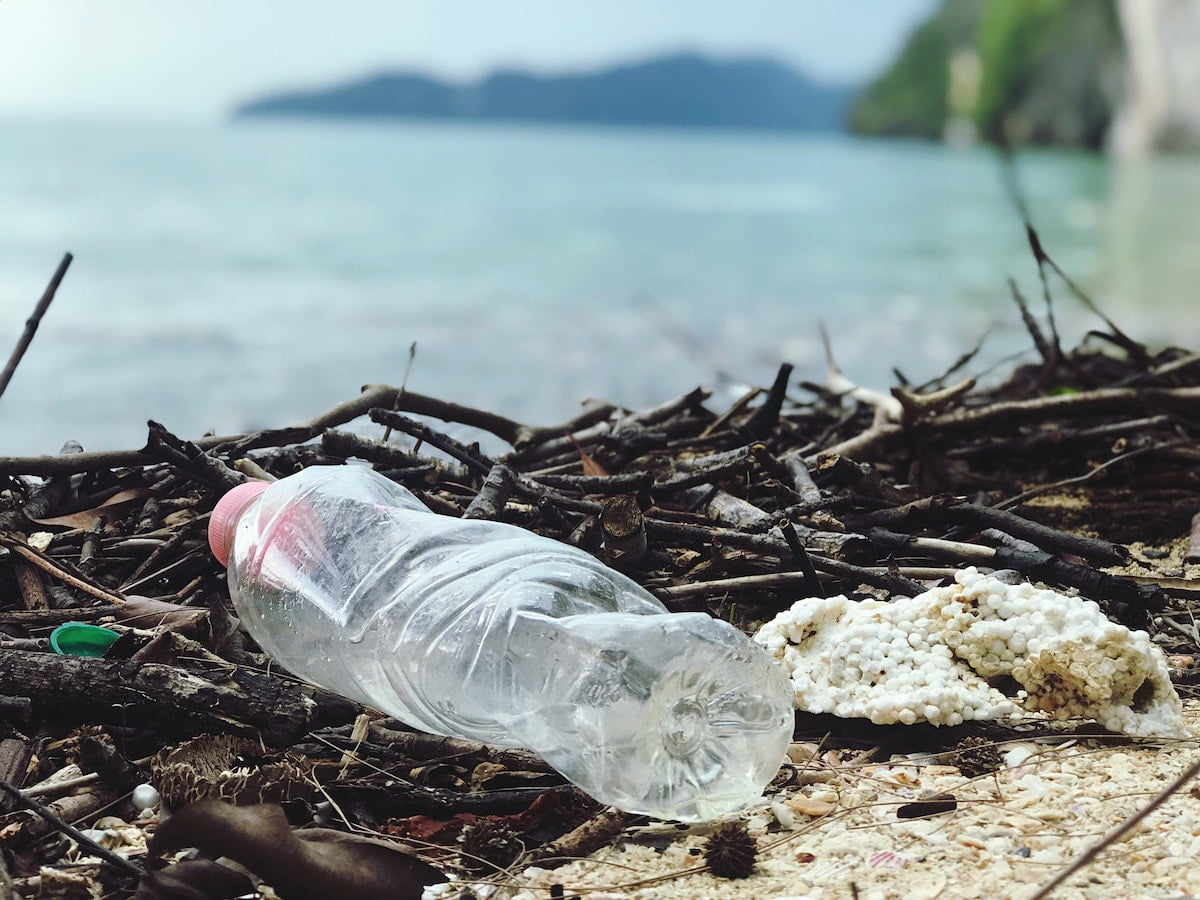Carapac CEO Kimberly Bolton is the grant winner for the 2021 Hatch Taronga Accelerator Programme and was praised for her valuable work focusing on packaging materials, made from crustacean shell waste, to replace harmful single use plastic packaging.
“I’m so thrilled to win this grant and the $50,000 prize money will be put to good use – it means we can build on our manufacturing of the product,” said Kimberly. “The Hatch Accelerator Programme has been an incredible experience and all of the teams who took part are doing amazing things for our environment. The support we received from the Hatch programme was fantastic.”
The other Hatch teams this year included Sine Surf, Xylo Systems, Spottr, The Pedal Club and Visible. You can find out more about them on the HATCH webpage and via HATCH LinkedIn and newsletter.
Carapac took to the ocean to find a solution to the ever-growing plastic problem. What they found? Prawn plastic, a cutting edge quick breakdown technology yet to be commercialised.
CEO Kimberly Bolton and Co-Founders Michelle and Jared also won Sydney University’s ‘Inventing the Future Program’ in 2018, which focused on finding practical and sustainable solutions for a better world. The program allowed them to turn their idea into a business and delve into the world of agriculture technology startups, aiming to ‘Change the World of Packaging’.

Kimberly leads her company under the mantra ‘Do Good Every Step of the Way’, through business operations, leadership and community involvement. She empowers her now all female team to take initiative, question the norm and bring any and everything to the table. This includes finding like-minded suppliers that embrace sustainable business practices, researching ways to reduce their energy and water consumption during production, partnering up with ocean advocate groups or organising a local beach cleanup to help spread the word.
Plastic takes up to thousands of years to break down, degrading into smaller and smaller microplastics that seep into our ecosystems. Humans, animals, oceans, coral reefs, forests and entire environments are affected by this pollution. Year on year we are manufacturing more plastic, yet globally only 16% is being recycled and this percentage is on the decline. Carapac noticed common themes amongst current biodegradables alternatives available including the following: up to five year breakdown time, industrially compostable at best, corn/starch based materials using high yielding cash crops.

Crustacean shells hold the potential to be biopolymers, however there have been limited prior attempts to unlock this potential. Although these shells are nutrient rich, antifungal, antibacterial and non-harmful in oceans, they are still predominantly wasted. In fact, 8.1 million tonnes of this waste is produced annually, the majority going to landfill. Carapac developed a flexible packaging alternative made from crustacean waste that breaks down within 90 days (within hours in the ocean) and extends shelf life of fresh produce due to its antifungal properties. The flexible packaging material has the strength and durability of synthetic plastic, without the environmental drawbacks. At the end of its packaging life, the material can be planted directly into the ground, acting as a slow release nitrogen fertiliser.
In order to be truly sustainable today, it takes effort and a considerable amount of industry knowledge. ‘Greenwashing’ is a common phenomenon, where companies or products use certain imagery and terminology to make their products and services sound more environmentally friendly than they are. Making the right choice should be easy which is why Carapac created a trustworthy, convenient and guilt-free packaging option. Carapac is a waste solving company leveraging the natural world with the technology available to force plastic off store shelves and do our part to fight against the plastic crisis.






